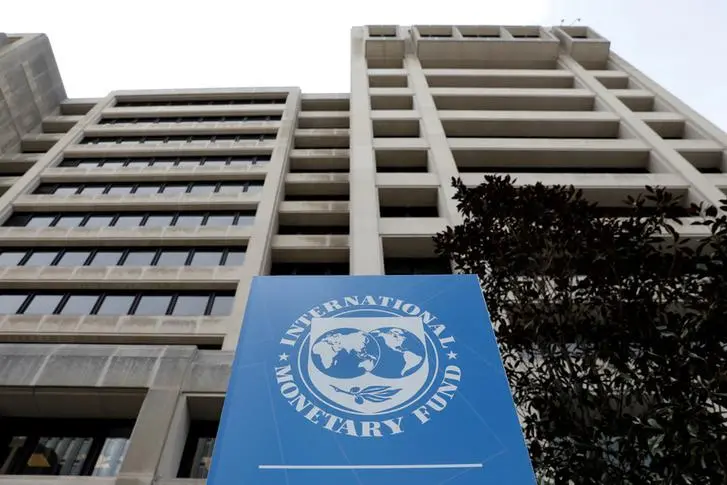PHOTO
Last week’s spring meetings of the International Monetary Fund (IMF) and the World Bank were not blockbuster events for news commentators. They were important none the less. What transpired was that the coronavirus pandemic left the world deeply divided between countries and segments of society that would recover faster and those who would not.
First to the good news: According to IMF Chief Economist Gita Gopinath, the global economy overall was expected to recover more quickly from the pandemic than previously anticipated. According to the IMF, the world economy will grow 6 percent, compared to the 5.5 percent projected in January. The US was set to grow at 6.4 percent in 2021 and 3.4 percent in 2022. China and India lead with projected growth rates outdoing most nations, with growth rates of 8.4 / 5.4 percent in 2021 /2022 and 12.5. percent / 6.9 percent respectively. The league table for 2021 is followed by Germany with 3.6 percent (2021) and 3.4 percent (2022), and Japan with 3.3 percent (2021) and 2.5 percent (2022).
The IMF was given the go-ahead to issue $650 billion worth of Self Drawing Rights, which will go some way to support the recovery of the poorest economies. The G20 supported the World Bank and the IMF in extending the Debt Service Suspension Initiative (DSSI) until the end of this year. This is really important in as much as 73 of the least developed countries could suspend their payments of interest and principal they owed to the institutions. Forty-five countries have availed themselves of the scheme, which has saved them $5.7 billion so far and stands to help them avoid outgoings of $9.9 billion until the end of the year. The institutions furthermore pledged their support for COVAX, the international effort to distribute vaccines to poorer countries.
This is where the good news ended: The picture emerging from the meetings was very much one of a bifurcated world: the haves and the have-nots. While the two economic superpowers (the US and China) steamed ahead, many were left behind. It also emerged that those who had access to vaccines and the institutional capability to distribute them would survive the next four years economically relatively unscathed, and those who lacked that capability would not.
In low-income countries, as many as 270 million people have descended into absolute poverty. While the DSSI might help those countries in postponing — not avoiding — debt payments; they still faced putting the lower segments of society within a stone’s throw of destitution.
The meetings made it quite obvious how important access to vaccines is, and with it herd immunity. The least developed countries are the prime example. India is also affected in this context. Not so long ago, economists predicted a GDP growth rate of above 10 percent for the subcontinental behemoth. The recent explosion in COVID-19 case numbers puts serious doubt on those forecasts.
However, we have to go deeper than this: The financial crisis at the turn of the last decade mostly impacted advanced economies. Things go much deeper this time, exposing inequalities not just within countries but also between the developed and the developing world.
The least developed countries will be hit the worst. What makes things even worse for some of these emerging economies, is that due to the rapid recovery of the US, China and other developed countries their currencies, particularly the dollar, are powering ahead. The G7 economies have issued billions of dollars of monetary and fiscal stimuli, which in conjunction with better returns on their debt will provide a magnet for capital. This leaves the question open as to how the least developed countries can attract the funds that they so desperately need. Inflationary developments will exert pressures on the US Federal Reserve and other central banks to raise base rates. This may well induce a post-corona "taper tantrum," which could prove devastating for the least developed countries’ ability to access capital.
The lessons we all should have learned over the past week is that we must not drop the ball when it comes to looking out for the fortunes of the world’s least developed countries.
- Cornelia Meyer is a Ph.D.-level economist with 30 years of experience in investment banking and industry. She is chairperson and CEO of business consultancy Meyer Resources. Twitter: @MeyerResources
Copyright: Arab News © 2021 All rights reserved. Provided by SyndiGate Media Inc. (Syndigate.info).




















